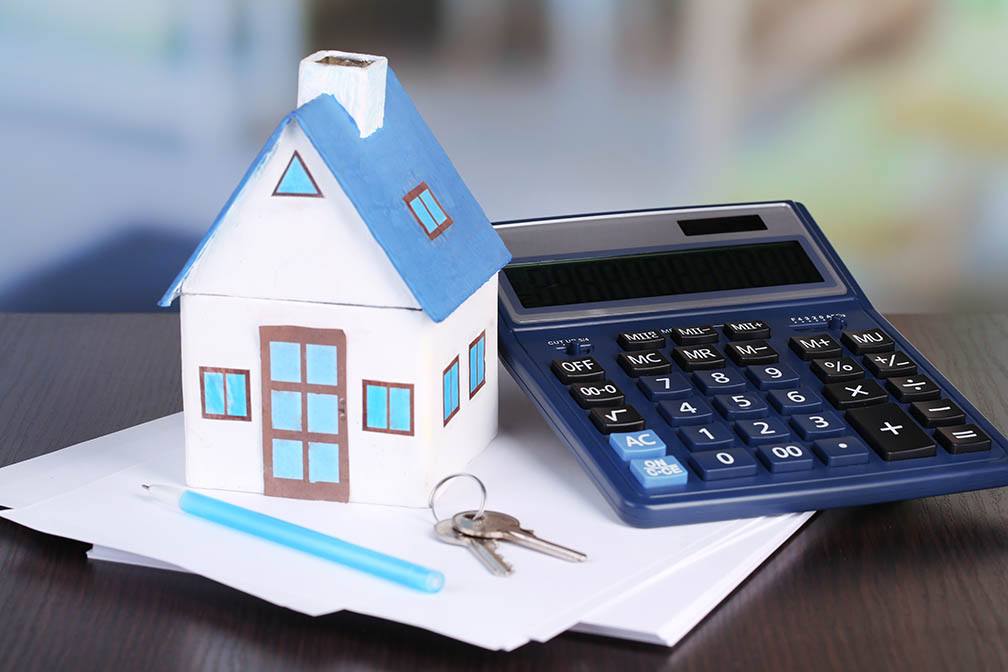Understanding How Mortgage Calculators Work and When to Make Use of One
 Investing in a home is a big financial decision, and along with the decision to buy is the question of how much mortgage you’ll be able to afford. While your debt-to-income ratio can be helpful in determining the range for your mortgage amount, a mortgage calculator can be a beneficial tool in coming to a potential price. If you’re curious about how and if this financial tool can benefit you, here are the details about using a mortgage calculator.
Investing in a home is a big financial decision, and along with the decision to buy is the question of how much mortgage you’ll be able to afford. While your debt-to-income ratio can be helpful in determining the range for your mortgage amount, a mortgage calculator can be a beneficial tool in coming to a potential price. If you’re curious about how and if this financial tool can benefit you, here are the details about using a mortgage calculator.
What Does It Do?
It’s very important to ensure that you can afford your mortgage before signing on the dotted line, and a mortgage calculator can assist with this. Most calculators utilize the principal amount of the loan, the interest rate and the amortization period in order to find a monthly payment that is foreseeable for you. While a debt-to-income ratio and the advice of a mortgage professional can be helpful, a calculator can be a quick determination of the overall cost involved.
How Accurate Is It?
Some mortgage calculators can utilize a pretty simple formula to come up with an estimate, but some are more complex and can calculate PMI, home insurance, and even property tax to arrive at a sum. The most accurate calculators will utilize the principal, interest, taxes and home insurance in order to determine an estimate that is feasible for you. However, it’s important to understand that you’ll need to enter the information accurately and leave out as little as possible, as this can have a dramatic impact on the calculation’s reliability.
Should You Use One?
A mortgage calculator can be beneficial in providing you with an estimate, but it should not be the be-all-end-all when it comes to making the final decision. It’s important to consider your current lifestyle and your future plans to ensure that your monthly payment will remain do-able down the road. While a calculator is a good place to begin, it’s worth consulting with a lender to get an idea of how much home you can afford. Since they’ll be required to provide a GFE with the fees disclosed, this will be the best means of understanding the costs.
A mortgage calculator can be a good means of estimating your house-buying ability, but it’s important to get the advice of a lender before making the big decision. If you’re currently in the market for a new home, contact your trusted mortgage professionals for more information.

 A mortgage is one of the most expensive purchases you’ll make in your life, and for many, the idea of being indebted to it for years can seem like quite a burden. However, while you won’t necessarily be able to pay off your home with instant savings, there are ways that you can pay it down more quickly. If you’re wondering how to drum up some extra money for your mortgage, you may want to consider the following options.
A mortgage is one of the most expensive purchases you’ll make in your life, and for many, the idea of being indebted to it for years can seem like quite a burden. However, while you won’t necessarily be able to pay off your home with instant savings, there are ways that you can pay it down more quickly. If you’re wondering how to drum up some extra money for your mortgage, you may want to consider the following options. In many cities around the country, real estate prices are on the rise and potential buyers are working hard to find a home they can feel good about. However, finding the right home in a tight market can be even more of a challenge when it comes to striking the right balance. If you’re hedging around the market in the hopes of finding the perfect home, here are some things you should do to ensure you don’t miss out on a good opportunity.
In many cities around the country, real estate prices are on the rise and potential buyers are working hard to find a home they can feel good about. However, finding the right home in a tight market can be even more of a challenge when it comes to striking the right balance. If you’re hedging around the market in the hopes of finding the perfect home, here are some things you should do to ensure you don’t miss out on a good opportunity.